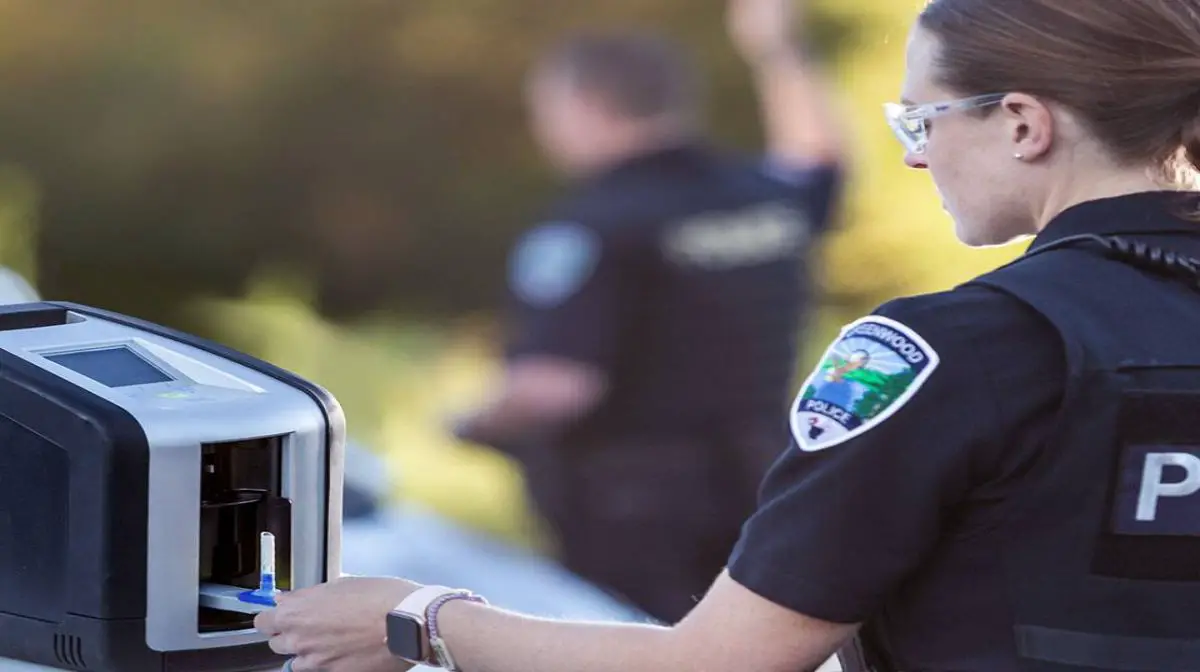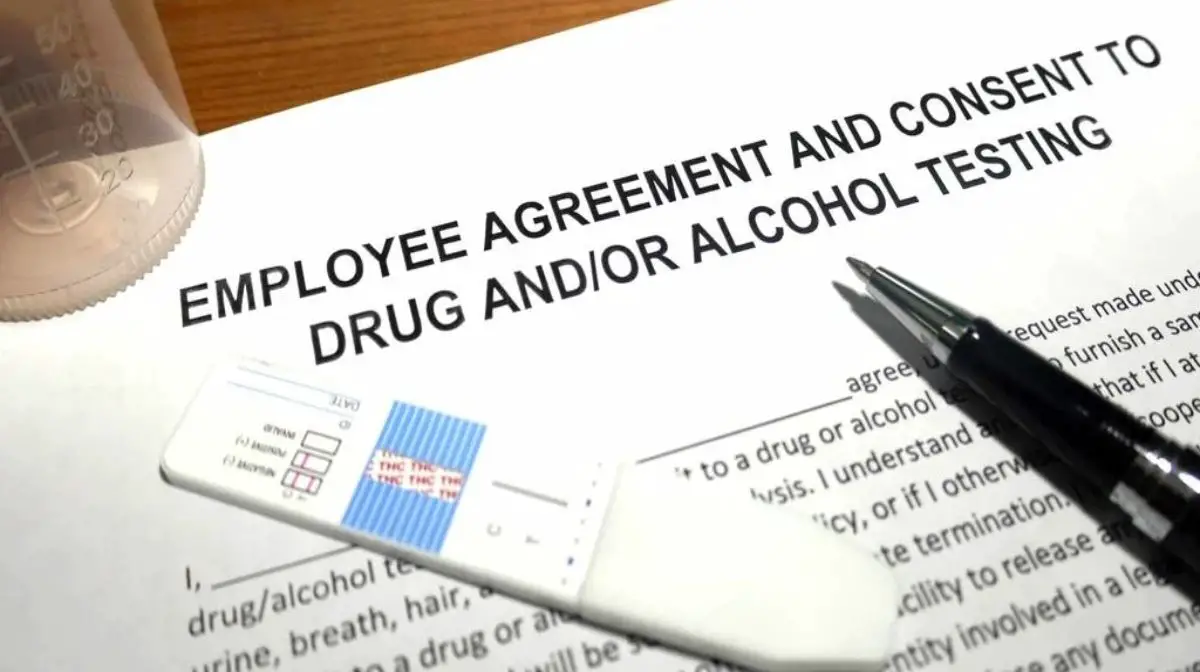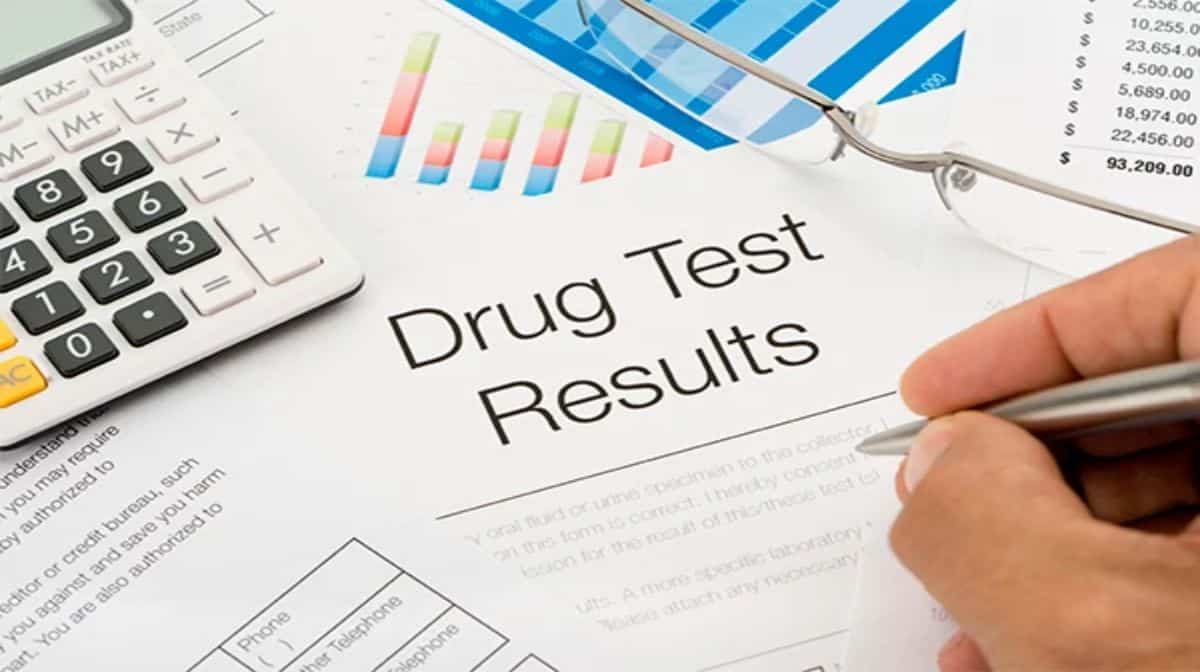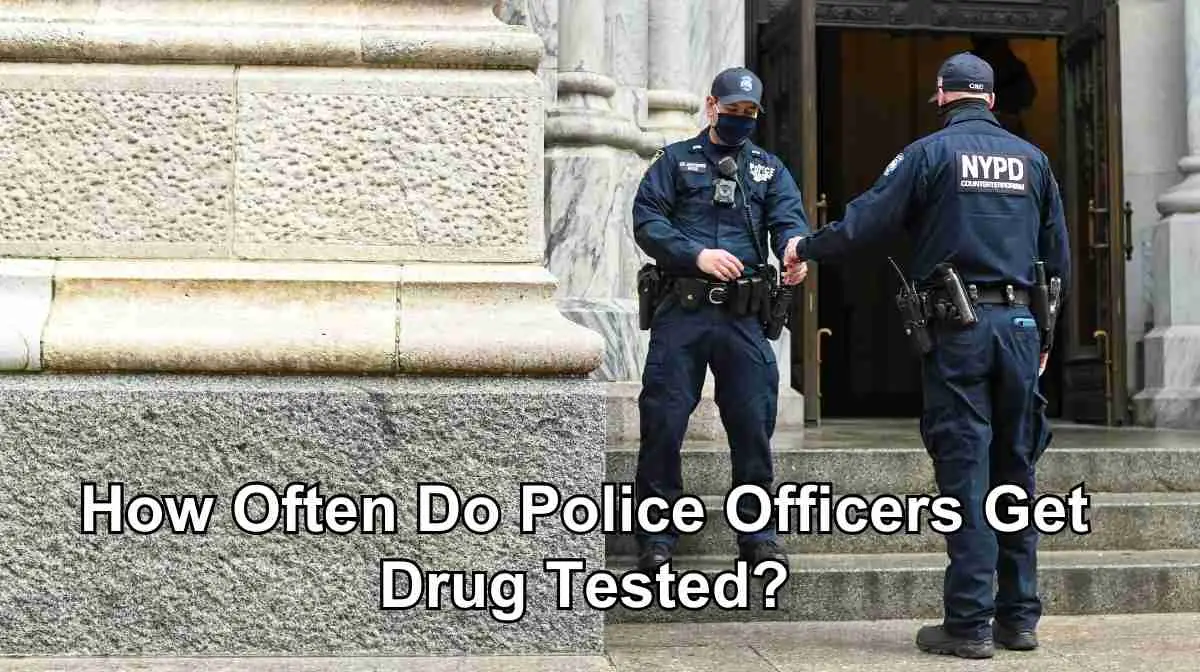- Have you ever wondered how often police officers get drug tested? It’s a question that sparks curiosity among the public. To maintain the trust and integrity of their profession, police officers undergo regular drug testing procedures. These tests are essential for ensuring the safety of both officers and civilians and play a vital role in upholding the standards of law enforcement agencies.
The frequency of drug testing for police officers varies depending on department policies. New recruits are typically tested upon hiring. Random tests occur periodically—ranging from annually to quarterly. Additional testing might happen with suspicion of drug use, critical incidents, or after medical leave.
In this article, we will explore how often police officers get tested, delve into the intricacies of these procedures, and shed light on why they are crucial for maintaining public safety and confidence.
The Role of Drug Testing for Police Officers
Police officers undergo regular drug testing to ensure they remain vigilant and drug-free in their pursuit of justice. The impact of drug testing on police officer morale cannot be underestimated.

Some argue that it creates a sense of accountability and trust among officers, while others believe it can breed resentment and erode morale. However, the effectiveness of drug testing in preventing drug use among law enforcement is widely recognized.
Drug testing serves as a deterrent, sending a clear message that substance abuse will not be tolerated within the ranks. It acts as a safeguard to protect the integrity and reputation of law enforcement agencies.
Implementing drug testing protocols for police officers poses several challenges. Privacy concerns, logistics, and costs are just a few obstacles that agencies face when establishing these programs.
Moreover, traditional drug testing methods may not always be foolproof or timely.
Regular drug testing, the same as the CNA Drug Test for nursing assistants, plays an essential role in maintaining the credibility and trustworthiness of police officers.
Although there are challenges associated with implementation and potential impact on morale, it remains an effective tool in ensuring a drug-free law enforcement community while upholding justice and public safety.
How Often Do Police Officers Get Tested?
When you become a police officer, you’ll undergo many drug tests to ensure you’re not using illegal substances. Let’s uncover the frequency and circumstances surrounding drug testing within police departments.
When They Get Hired: Pre-Employment Drug Testing
Before you join the force, an important step is undergoing a thorough drug screening to ensure a clean slate. Pre-employment drug testing is a standard practice in law enforcement agencies nationwide.
These drug testing policies are implemented to ensure that police officers are fit for duty and can uphold their responsibilities with integrity and professionalism.

The accuracy of these tests is crucial, as false positives could potentially ruin someone’s career. Strict procedures are followed during the drug testing process to maintain consistency and fairness.
However, there have been controversies surrounding drug testing in recent years, particularly regarding privacy concerns and potential biases in the results.
Despite these controversies, pre-employment drug testing remains an essential part of the hiring process for police officers, ensuring they can maintain public trust and safety.
When Random Checks Occur: Random Drug Testing
To ensure the integrity of the force, it’s essential to be aware that random drug testing can happen at any time during a career as a police officer. Drug testing frequency varies depending on department policies and legal requirements.
Random drug tests are conducted without prior notice to ensure fairness and effectiveness in detecting substance abuse among officers. While some argue that random testing is an invasion of privacy, it is seen as necessary to maintain public trust and safety.
Alternative methods, such as targeted testing based on suspicious behavior or performance issues, have been suggested, but their effectiveness compared to random testing remains a topic of debate.
Striking a balance between maintaining individual privacy rights and ensuring a drug-free work environment continues to be an ongoing challenge for law enforcement agencies.
When Suspicion Arises: Suspicion-Based Testing

Suspicion-based testing arises when a cloud of doubt surrounds an officer’s behavior or performance. This type of drug testing is triggered by specific circumstances that raise suspicion, such as erratic behavior, excessive use of sick leave, or reports from colleagues.
While suspicion-based testing can help identify officers using drugs, it has pros and cons. On the positive side, it allows for targeted testing and helps maintain public trust in law enforcement. However, legal considerations and privacy concerns must be taken into account.
There are alternative methods to suspicion-based testing, such as regular random testing or mandatory periodic screening for all officers.
Evaluating the effectiveness of suspicion-based testing requires analyzing the positive results and comparing it to other testing methods to determine its overall value in maintaining a drug-free police force.
When Incidents Occur: Critical Incident Testing
In critical incidents, such as officer-involved shootings or use of excessive force, they must undergo immediate and thorough drug testing. This is to ensure accountability and maintain public confidence in law enforcement.
This type of drug testing, known as critical incident testing, is essential for legal implications and for maintaining the integrity of investigations.
Testing protocols are carefully followed to ensure the accuracy and reliability of results. While drug testing is vital in holding officers accountable, it can also impact officer morale. Some officers may feel unfairly targeted or mistrusted due to these tests.
Overall, critical incident testing is essential in upholding the standards and trust placed in law enforcement while recognizing the potential impact on officers’ well-being.
When Returning to Duty: Return from Medical Leave Testing
When one returns from medical leave, thorough drug testing protocols must be followed to ensure accountability and public confidence in law enforcement.
Post-medical leave testing plays a vital role in ensuring the safety of both officers and the communities they serve. These drug testing protocols are implemented to identify potential substance abuse issues that may have developed during an officer’s absence.
Depending on the department, the type of drug test administered may vary. Urine tests are the most common, but hair tests and blood tests are also used. Which drug test is hardest to pass depends on the drug and the individual being tested.
By conducting regular drug tests upon returning to duty, departments can address any underlying problems and provide necessary support for their officers.
The implications of failed drug tests can be severe, including disciplinary actions or even termination, as it compromises the officer’s integrity and erodes public trust. Returning to duty after medical leave can also present challenges, such as adjusting to work routines and managing stress effectively.
Thorough drug testing helps mitigate these challenges by promoting a safe and healthy work environment for everyone involved.
After the Drug Test: Procedures for Police Officers
Once you’ve completed the drug test, there are specific procedures for police officers to follow. After the drug test, the results undergo a series of procedures to ensure accuracy and maintain chain of custody.
The samples are correctly sealed and sent to a certified laboratory for analysis. This process ensures the results are reliable and can be used as evidence.

If an officer tests positive for drugs, there are serious consequences that they may face. These consequences can vary depending on the department’s policies and legal considerations. In some cases, it may result in suspension or termination from duty.
However, many departments also have officer support programs to assist those who test positive. These programs aim to help officers overcome substance abuse issues and provide them with resources for rehabilitation.
It is important to note that legal considerations play a significant role in dealing with positive drug test results. Departments must follow proper protocols to protect the rights of their officers while upholding public safety.
Overall, once you’ve completed the drug test, it is crucial to understand and comply with the procedures put in place by your department.
Whether following a chain of custody or seeking support through officer assistance programs, these procedures ensure accountability while providing necessary resources for personal growth and rehabilitation.
You might also be interested to learn if is it better to refuse or fail a drug test.
Closing Insights: Balancing Safety and Accountability
In conclusion, drug testing plays a crucial role in maintaining the integrity and professionalism of law enforcement.
Police officers are typically subjected to regular and random drug tests to ensure they remain fit for duty. This rigorous testing protocol helps identify any potential substance abuse issues among officers, protecting their well-being and the safety of the communities they serve.


